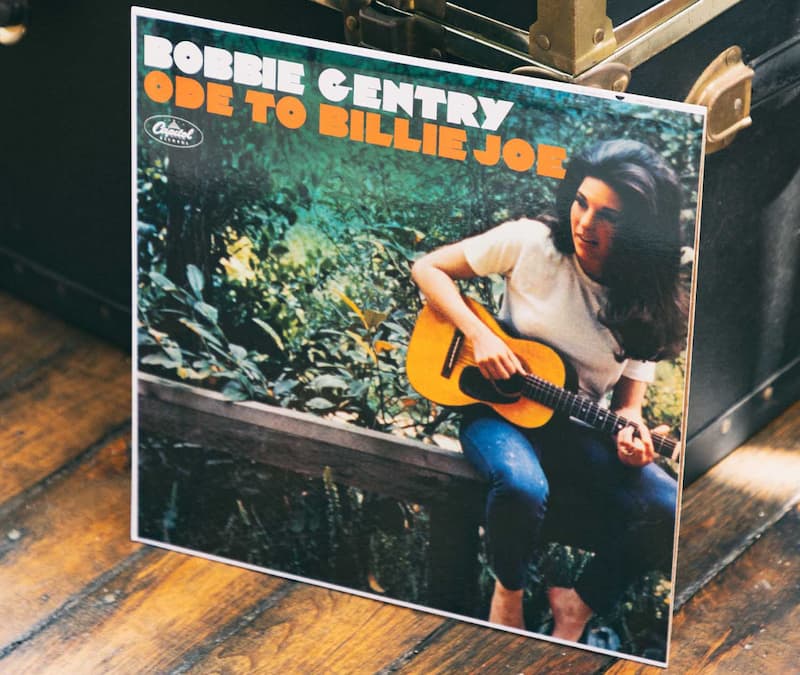
About The Song
This song tells the story of the fictional Billie Joe McAllister, who kills himself by jumping off the Tallahatchie Bridge. There really is a Tallahatchie Bridge in Money, Mississippi, but Gentry made up the story.
The Tallahatchie Bridge, which spans the Tallahatchie River, collapsed in 1972, but was later rebuilt.
In this song, a family finds out about the death of Billie Joe and shares gossip about him at the dinner table along with their other mundane concerns. Bobbie Gentry explained: “The message of the song revolves around the nonchalant way the family talks about the suicide. The song is a study in unconscious cruelty.”
The message in the song would become even more relevant in the digital age when social networks and other tools made it easy to comment on newsworthy events. It quickly became clear that there were many folks who lacked empathy for suffering that didn’t directly affect them, and these people now had many forums to share their opinions.
Gentry was familiar with the Tallahatchie Bridge since she was born and raised in Mississippi, where she grew up in a home without electricity. She learned to sing in church and her family got her a piano to nurture her musical talents. At age 13, she moved with her mother to Palm Springs, California, and in the ensuing years performed locally, taking the stage name Bobbie Gentry (her birth name: Roberta Lee Streeter – she chose the name after seeing Ruby Gentry, a 1952 movie with Jennifer Jones and Charlton Heston).
After graduating high school, she studied at UCLA, and during this time signed a deal with the publishing company Larry Shayne Music, which sent a demo tape of her song “Mississippi Delta” to Capitol Records, hoping one of the established artists on the label would record it. Kelly Gordon, a producer at the label, was impressed with the demo and wanted Gentry to record it herself, so he signed her to a deal as an artist and arranged for her to record it. Needing a flip side for the single, Gentry supplied another song she wrote with a Delta feel: “Ode To Billie Joe.” Capitol heard more hit potential in that song, so they released the single with “Ode” as the A-side and “Mississippi Delta” as the flip. Released on July 10, 1967, the song went to #1 in the US on August 26, where it stayed for four weeks, becoming one of the most enduring hits of the era.
